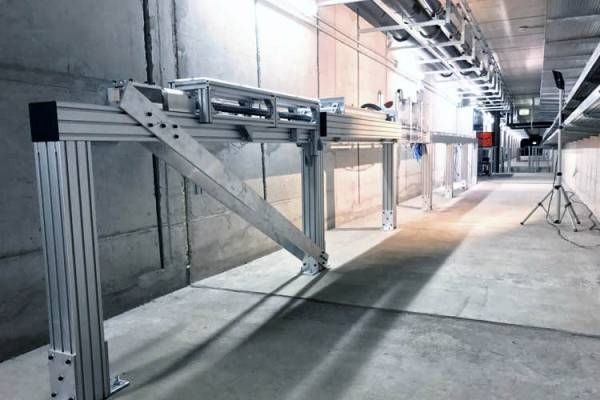
Dynamic Material Behaviour
Development of Split-Hopkinson methods for dynamic materials tests at strain-rate ranges between 100/s to 5000/s.
› Detailseite
Stefan Hiermaier researches the areas of lifecycle analysis, resilience quantification and materials behavior under dynamic and static loads.
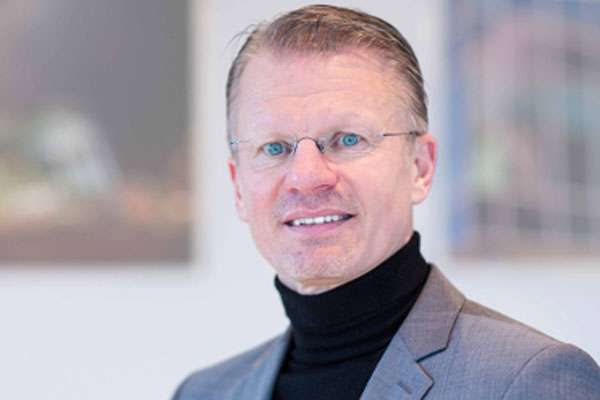
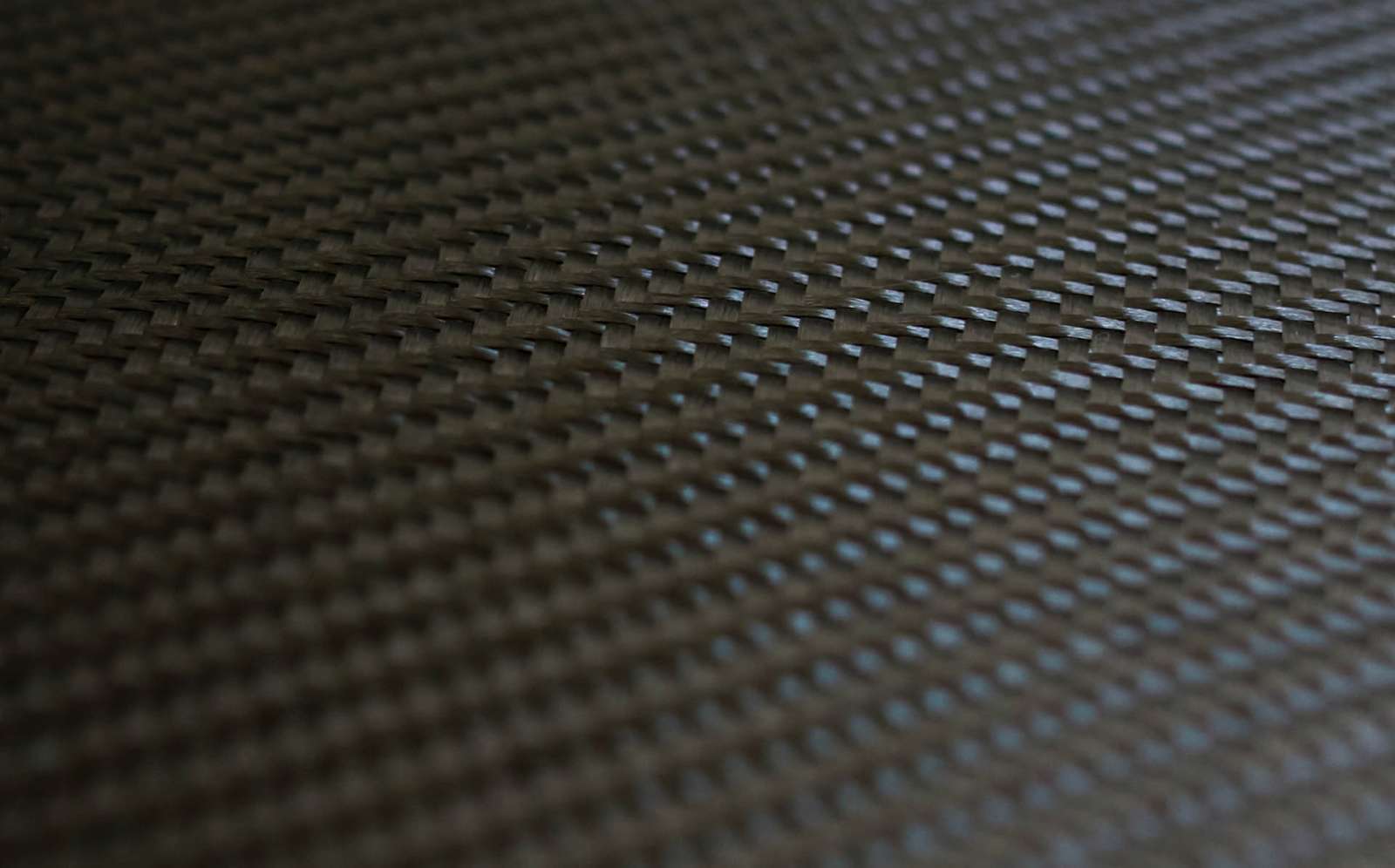
Our resources are finite. To meet the needs of today’s and future generations, engineering sciences must responsibly develop materials and technical systems, as guided by principles of sustainability.
The Gips Schüle Chair for Sustainable Systems Engineering (SSE) teaches and researches three central areas:
1. Sustainable materials
Lifecycles, resource streams and product-material substitutes are taken into account. In this regard, energy demand and pollutant emissions of current production processes are evaluated, and an estimation is made of the long-term consequences of new technologies. The development and construction of resource-efficient technical systems requires comprehensive knowledge of the behaviors of the materials used.
2. Dynamic materials characterization
A material’s behavior is recorded, and the required characteristic values for the widest possible range of load cases are calculated. One area of focus is dynamic materials characterization, in which the time-dependence of the material’s behavior is examined. The chair is developing new test methods to address any resultant issues.
3. Failure mechanisms
Current knowledge of the failure mechanisms triggered at extreme loads has for a long time been based on near-surface observations of the material in question. However, failure also occurs in its interior. As yet, there are no technologies for examining processes that occur in a material’s depths. The chair is developing methods to make the hidden visible. At the same time, we are also researching strategies to examine how widely different systems – whether technical or societal – find their way back to their optimal operating range after serious malfunctions.
The development and characterization of sustainable materials are the focus of the research

Development of Split-Hopkinson methods for dynamic materials tests at strain-rate ranges between 100/s to 5000/s.
› Detailseite
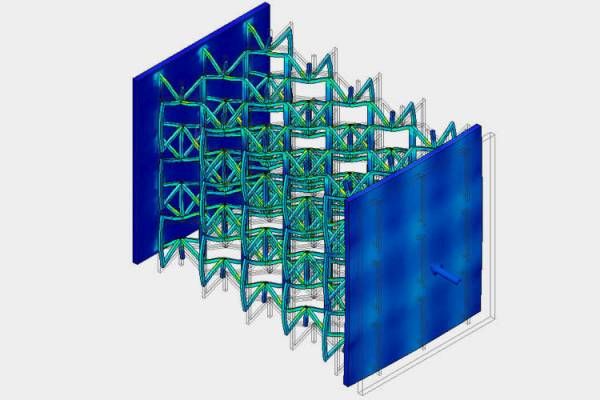
Mechanical metamaterials produced using additive manufacturing techniques offer new and tailored structural-property relationships.
› Details
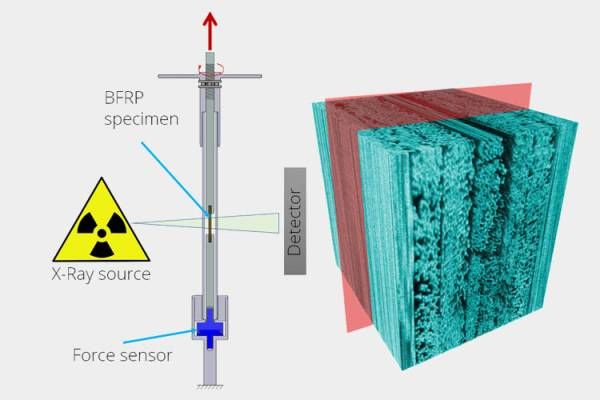
Damage-formation mechanisms are examined using in-situ X-ray computer tomography and digital volume-correlation algorithms.
› Details
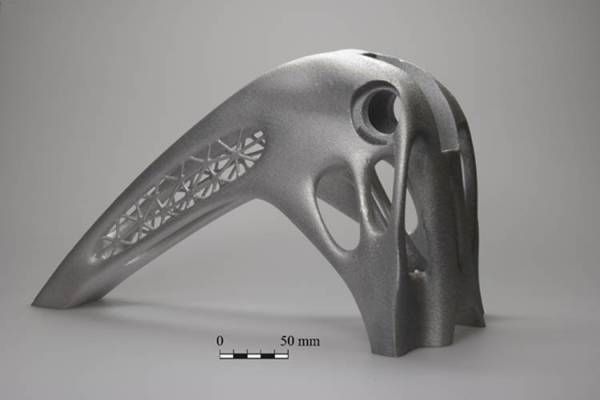
Evaluation of the environmental impacts of new technologies, e.g. additive manufacturing processes in the context of rapidly changing industry.
› Details
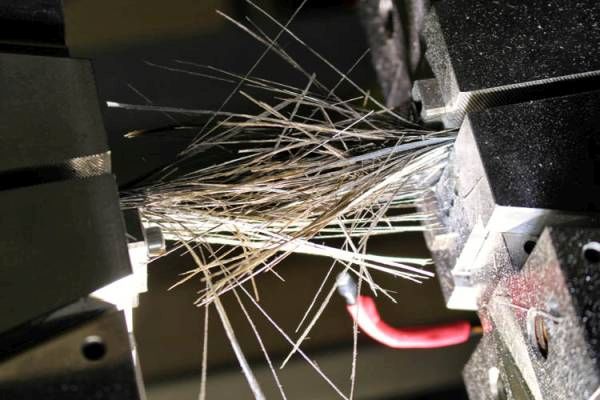
The behavior of sustainable, fiber-strengthened high-performance polymers is examined.
› Details
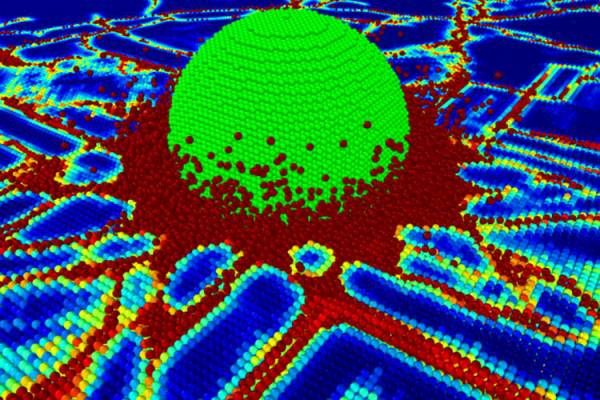
Implementation and development of mesh-free methods for simulating strong deformations and free surface phenomena.
› Details
Current research areas by members of the “Sustainable Systems Engineering” (SSE) chair:
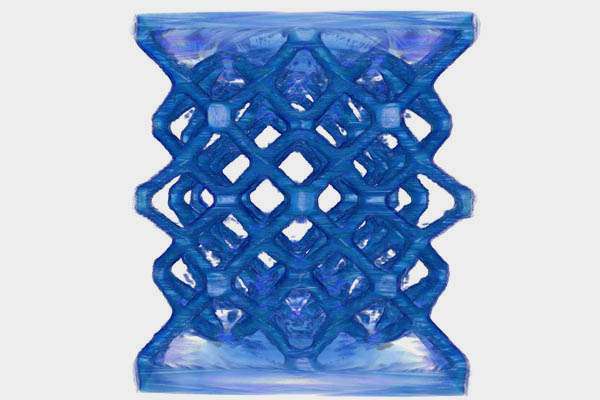
Effect of defects at the microscopic length scale on the macroscopically observable behavior of a structure, e.g. defects at the scale of particle size in metals. Primary focus: laser-melting manufactured metal materials from 3D printing.
Sponsored by the Carl Zeiss Foundation
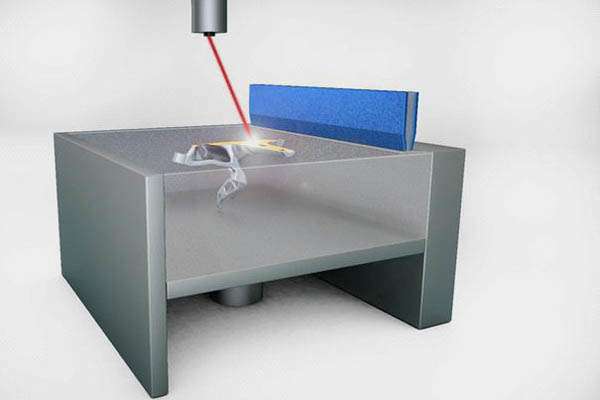
Reliably predicting environmental effects of new technologies (e.g. additive manufacturing processes or digitalization) in the face of rapidly changing industrial conditions.
Sponsored by the Eva Mayr Stihl Foundation
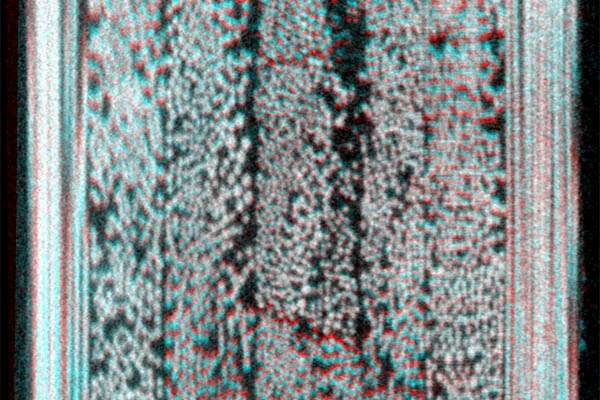
The development of procedures for making visible hidden processes when materials are damaged under extreme load. Examination of fiber-composite materials of basalt fibers with in-situ X-ray methods and digital-volume correlation algorithms.
Sponsored by the Gips Schüle Foundation
Stefan Hiermaier is professor of Sustainable Systems Engineering at the Technical Faculty of the Albert Ludwigs University of Freiburg. Since 2015, Stefan Hiermaier has been director of the Fraunhofer Institute for short-term dynamics. He is also guest professor at Oxford University. Stefan Hiermaier studied air- and space-travel technologies at the University of Federal Armed Forces in Munich and attained his doctorate in 1996 at the Faculty for Construction Engineering and Surveying, where, in 2002, he habilitated. In 2008, he was awarded the extracurricular appointment to the professorship of High Dynamics.
Sustainable solutions for the selection, processing and use of materials and the behavior of materials and structures under dynamic load are the focus of Stefan Hiermaier’s research activities. To these ends, he studies the integration of experimental and numerical procedures for examining energy efficiency and resource protection in processes, as for strain-rate dependencies and the behavior of materials stressed by shockwaves. Primary areas of interest are the development of mesh-free methods and the formulation of mathematical models for materials behaviors under crash and impact loads.
Stefan Hiermaier has published multiple articles on these subjects. In 2008, Springer published his book, “Structures Under Crash and Impact”. He is the editor of “Numerical Modeling of Dynamic Processes” (Springer, 2009), as well as co-editor of the “International Journal of Impact Engineering”, and editor of the series “Epsilon-Punkt-Forschungsergebnisse aus der Kurzzeitdynamik” (Epsilon-Point Research Results from Short-Term Dynamics).
From 2012 to 2016, Stefan Hiermaier was president of the DYMAT association (European association for the promotion of research into the dynamic behavior of materials and its applications).
Together with the Deputy Rector for Research and Innovation at the University of Freiburg, Prof. Dr. Stefan Rensing, Stefan Hiermaier is the coordinator of the Sustainability Performance Center, a cooperation between the five Fraunhofer Institutes in Freiburg and the University of Freiburg.
Prof. Dr.-Ing. habil. Stefan Hiermaier
stefan.hiermaier@inatech.uni-freiburg.de
Tel.: +49 761 2714-101
Fax: +49 761 2714-400
INATECH SSE
Gips Schüle Chair for Sustainable Systems Engineering
Albert Ludwigs University Freiburg
Solar Info Center
West entrance / 2nd floor (left)
Emmy Noether Street 2
79110 Freiburg, Germany
Eva Mayer
eva.mayer@inatech.uni-freiburg.de
Tel.: +49 761 203-96786
If you are interested in information on lectures, exams, research projects, and bachelor and masters programs, please email us at eva.mayer@inatech.uni-freiburg.de. We will respond as quickly as possible with all relevant information.
